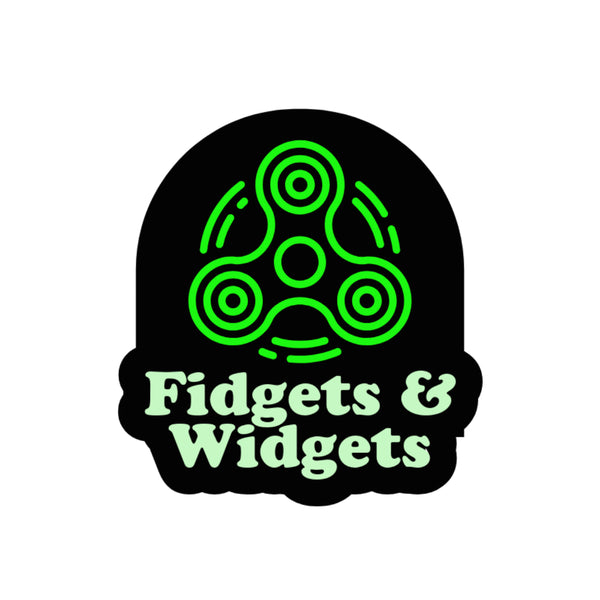
Making Exams Fairer: Advocating for Silent Fidget Tools in Assessment Settings
Share
At Fidgets & Widgets, our mission is to design tools that help people focus, self-regulate, and succeed in high-pressure situations. One of the most stressful environments for students is the exam hall. This is especially true for neurodivergent learners. That is why we are now beginning our formal campaign to introduce silent Cognitive Focus Devices (CFDs) into exam settings across schools, colleges, and universities.
Exams should test knowledge and understanding, not a student's ability to mask their stress or suppress their natural focus strategies.
The Issue with Traditional Exam Conditions
Exam environments are built around a narrow idea of focus. Silence, stillness, and no movement. But for many students, especially those with ADHD, autism, sensory processing needs or anxiety, this environment can be overwhelming. These learners often rely on controlled movement or tactile feedback to stay grounded and manage their concentration.
By denying access to this kind of sensory regulation, traditional exam protocols can unintentionally exclude the very students they are meant to assess fairly.
Our Solution: Institution-Owned Silent CFDs
We are not suggesting students bring their own toys or tools into exams. That would be unregulated and could lead to noise, cheating concerns or unfair advantages. Instead, we propose that schools, colleges and universities provide standardised, silent CFDs that are:
-
Uniform in design and function, so all students have equal access
-
Silent, using soft, soundless materials that do not disrupt others
-
Secure, with no hidden compartments or writing surfaces
-
Monitored, issued and collected by invigilators as part of normal exam materials
This approach protects the integrity of the exam while also providing essential support for those who need it.
Why It Works
Research into attention and self-regulation has shown that repetitive movement can enhance concentration during complex cognitive tasks. For example, a study by Sarver et al. (2015) found that children with ADHD demonstrated improved performance on attention tasks when allowed to engage in physical movement, suggesting that fidgeting may support working memory. Similarly, The Journal of Abnormal Child Psychology published findings showing that movement can help maintain alertness and cognitive control in children with attention deficits (Hartanto et al., 2016).
For neurodivergent students, it can mean the difference between success and failure. By offering a quiet, safe, standardised fidget option, institutions can show they are serious about inclusion and mental wellbeing without compromising exam fairness.
Our First Steps
We have already supplied Cognitive Focus Devices to over a dozen universities and now we are moving beyond product delivery. We are building a case for policy change in education.
We want to collaborate with:
-
SENCOs and special needs teams
-
Disability advisors in higher and further education
-
Exam boards and access arrangements officers
-
Educational psychologists and pastoral leads
Our aim is to demonstrate that allowing silent fidgets in controlled conditions is not just practical, it is fair and evidence-based.
How You Can Help
If you work in education and want to explore the use of silent CFDs in mock exams, assessments or classroom tests, we would love to hear from you. We can provide sample devices, trial packs, risk assessments and written justifications tailored to your institution's needs.
You can be part of a small but powerful change. One that says we value different ways of thinking and we are prepared to meet students where they are.
Let’s make exams a more level playing field for everyone.
